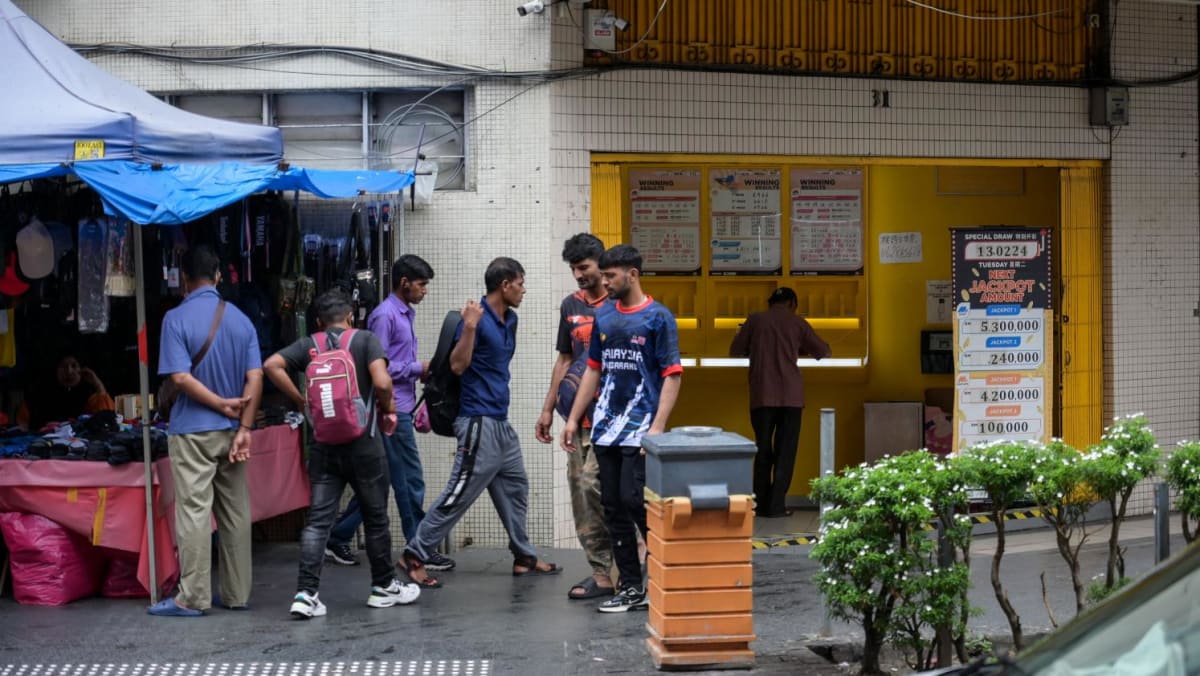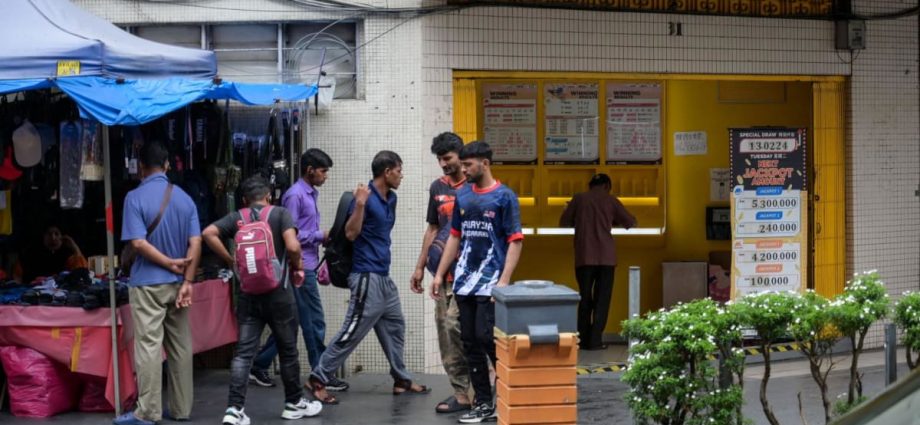
A UN International Organization for Migration report published in August last year said migrant workers in Malaysia could become undocumented because they face exploitation, abuse and unethical recruitment practices throughout the employment process, including the withholding of their passports.
According to the study, which interviewed 40 migrant workers, some paid up to US$5,000 in recruitment fees and migration-related costs and were promised a job verbally.
But on arrival, they discovered that the recruitment agencies had made false promises regarding the terms and conditions of employment, meaning they were deceived and unprepared for their actual living and working conditions.
While most of the workers arrived on a calling visa – a short-term visa typically issued to people who are invited by a Malaysian company or organisation to participate in business-related activities – the wait time to obtain a work permit in order to work legally in the country was three months on average.
Some waited longer, during which they struggled to finance living costs, repay migration-related debts, and save or remit funds to their families back home, the report said.
Mr Adrian Pereira, executive director of Malaysian migrant right’s group North-South Initiative, told CNA that “human traffickers” – referring to the recruitment agencies – had masqueraded as employers to bring in migrant workers and outsource them to other companies.
“The government has banned outsourcing in 2019, so by right there shouldn’t be any workers brought in unless jobs have been confirmed,” he said.
Malaysia Association of Cleaning Contractors president Noruddin Idris claimed that some of these “recruitment agencies” made photocopies of legitimate contracts awarded to other cleaning companies and manipulated them to pass off as their own.
These contracts were then used to dupe the authorities into allowing them to apply to bring in foreign workers.
“As long as the workers come in, they will get money. So once the workers get here, whether they have a job or not, that’s their problem,” Mr Noruddin told CNA.
Last June, Home Minister Saifuddin Nasution Ismail told reporters that 1,120 foreign workers who entered the country under the Foreign Worker Employment Relaxation programme had been classified as unemployed.
The programme, which loosened rules for hiring foreign workers, was implemented at the start of 2023 to help struggling industries meet manpower demand as the economy reopened post-pandemic.
Mr Saifuddin described the workers’ plight as a foreign labour dumping issue, saying that most of them were from Bangladesh and had been brought in to work in the cleaning and washing industry.
He said authorities had identified the recruitment agencies or employers involved in bringing in the workers, and would take action – including blacklisting – against them.
In the recent case of the Bangladeshi workers who were duped and remain jobless in Johor, authorities said on Jan 6 that the company that brought them in has been blacklisted from making new foreign worker employment applications and will be dealt with under relevant laws.
“The Home Ministry and the Human Resources Ministry take this matter seriously and will not compromise with any party involved in exploiting foreign workers, leading to forced labour and human trafficking,” the ministries said in a joint statement.

